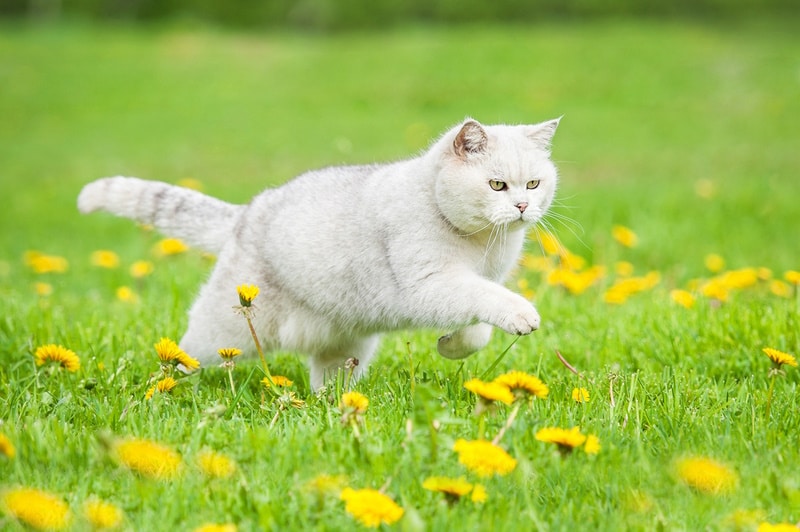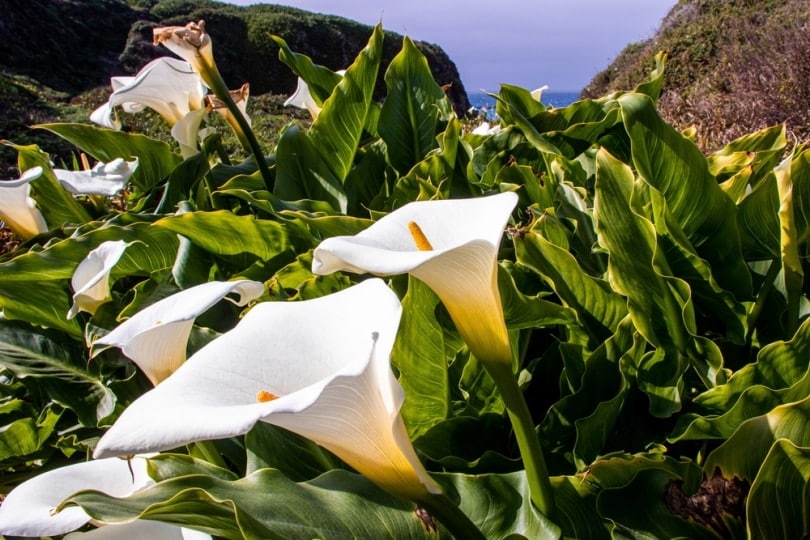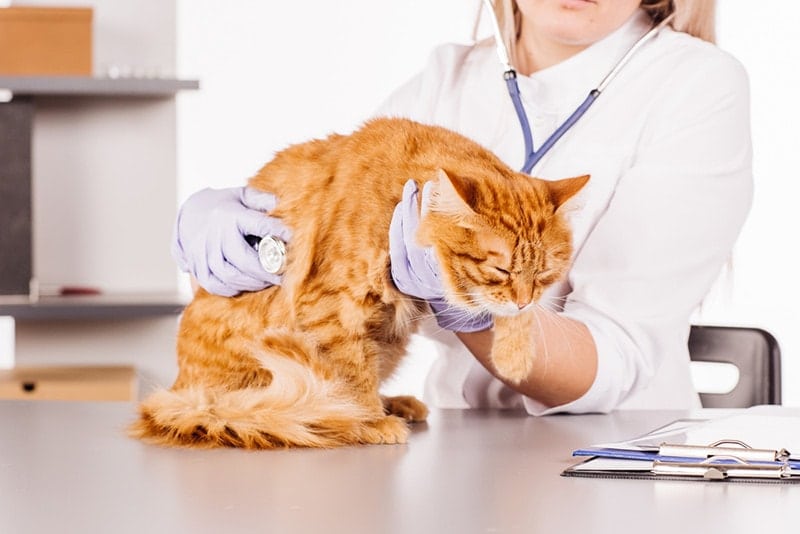Do you panic when you see your cat nibbling on dandelions? While it’s natural to worry, it turns out that dandelions can actually be healthy for your cat in moderation. They offer numerous health benefits, as long as they’re free from pesticides or herbicides. In this article, we’ll explore the health benefits of dandelions for cats and discuss what to do if your cat eats a toxic plant.
Health Benefits of Dandelions for Cats
Dandelions are packed with nutrients that are beneficial for your cat’s health. They contain vitamins A, B, K, and E, as well as minerals such as iron, calcium, magnesium, potassium, and phosphorus. Moreover, dandelions are rich in fiber, promoting a healthy digestive system, and antioxidants that may have anti-cancer properties. However, it’s important to remember that moderation is key. The diuretic properties found in dandelion roots can cause increased urination in cats, so it’s best to avoid giving them too much.
A few leaves here and there shouldn’t cause any problems, but be cautious about dandelions that have been exposed to pesticides or herbicides. These chemicals can make dandelions extremely toxic for cats. It’s crucial to avoid dandelions from curbsides or yards where the lawn has been sprayed.

Image Credit: Rita_Kochmarjova, Shutterstock
Toxic Plants for Cats
While dandelions are generally safe for cats, not all common plants are. Here are four toxic plants that you should never let your cat eat:
1. Daffodils (Narcissus spp.)
Daffodils may look beautiful, but they are extremely toxic to cats. Ingesting any part of the plant can cause vomiting, diarrhea, heart problems, and convulsions. If your cat consumes any part of a daffodil plant, especially the bulbs, it’s crucial to take them to the vet immediately.
2. Lilies (Lilium spp.)
Lilies are a large genus of flowering plants that come in various colors. Unfortunately, many species within this genus are highly toxic and can be life-threatening to cats. Ingesting any part of a lily plant, including pollen, can lead to acute kidney failure and death within 72 hours. If you suspect your cat has ingested any part of a lily plant, seek emergency veterinary care immediately.

Image Credit: Anne M Vallone, Shutterstock
3. Spanish Thyme (Coleus ampoinicus)
Despite its name, Spanish thyme is not edible for cats. This common houseplant is highly toxic and can cause symptoms such as vomiting, diarrhea, lethargy, and loss of appetite. It’s best to avoid bringing Spanish thyme into your home if you have a cat.
4. Tulip (Tulipa spp.)
Tulips are another beautiful plant that should be kept away from cats. Like many lilies, tulips belong to the Liliaceae family. If your cat chews on a tulip, contact your vet or Animal Poison Control immediately for guidance.
What to Do if Your Cat Eats a Toxic Plant
If your cat ingests a toxic plant, the first step is to contact your veterinarian. They can provide guidance on whether immediate medical attention is necessary. If you’re unable to reach your vet, you can call the Animal Poison Control helpline at 1-888-426-4435. Provide them with information about what your cat ate and the quantity consumed, and they will guide you through the necessary steps.

Image By: PRESSLAB, Shutterstock
Frequently Asked Questions
Coming Soon…
Conclusion
While dandelions can be a healthy treat for your cat in moderation, it’s important to be cautious about toxic plants. Always research the safety of any plant you bring into your home or garden. If you’re unsure about a particular plant, reach out to your vet or Animal Poison Control for guidance. By being aware and proactive, you can keep your furry friend safe and healthy.
Featured Image Credit: Elena Elisseeva, Shutterstock